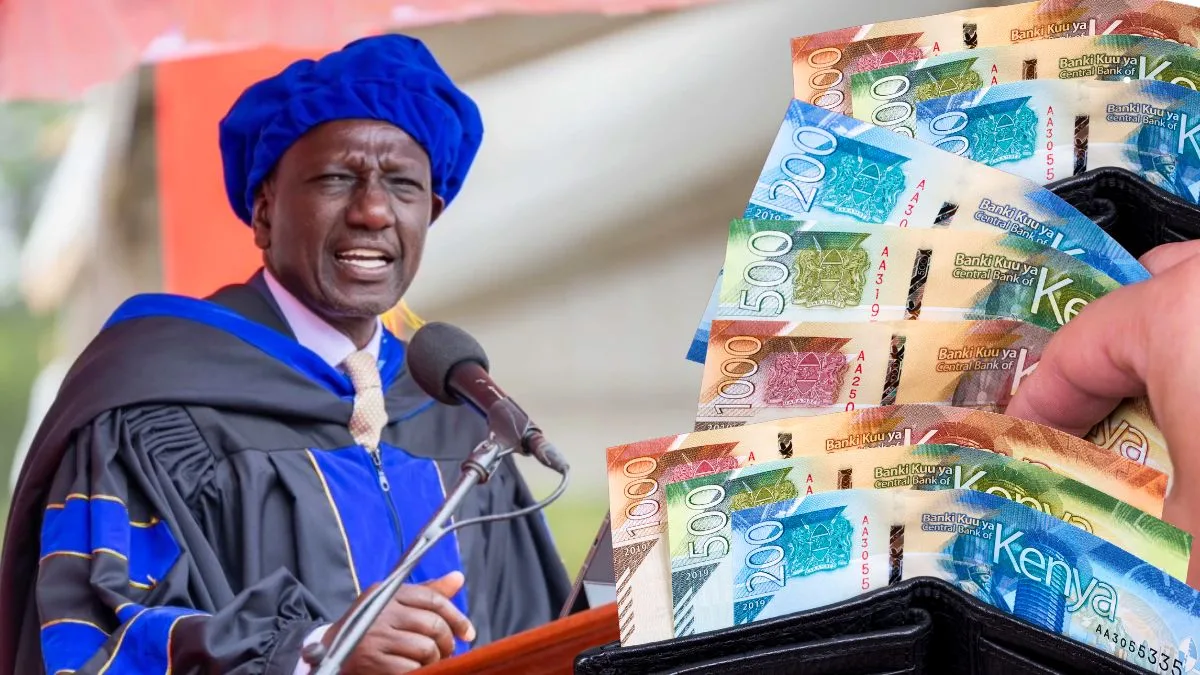Kenya’s Revised ‘Banding’ Model for University Funding
As the 2023 KCSE cohort prepares to join universities and TVET institutions, the Ministry of Education has clarified the distribution of financial aid.
President William Ruto recently emphasized that the government would increase support for scholarships and loans, particularly targeting extremely needy students.
His assurance came with a promise to raise funding from 80% to 95% for the most vulnerable.
However, this announcement coincides with the ministry’s implementation of a revised categorization system for assessing students’ financial aid needs.
The ministry has introduced an enhanced means testing instrument, which evaluates socio-economic factors such as household income, geographic location, poverty levels, the number of dependents, and special circumstances like disabilities.
The objective is to ensure an equitable distribution of resources, directing financial aid to those most in need.
Revised Financial Aid Categories
Under the new system, students applying for financial aid are classified into five bands based on their household income and financial needs:
- Band 1: Extremely Needy and Vulnerable
- Government Scholarship: 70%
- Loan: 25%
- Household Contribution: 5%
- Upkeep Support: Ksh.60,000
Follow Teachers Updates Page On Facebook
- Band 2: Low-Income Families
- Government Scholarship: 60%
- Loan: 30%
- Household Contribution: 10%
- Upkeep Support: Ksh.55,000
- Band 3: Modest Income Families
- Government Scholarship: 50%
- Loan: 30%
- Household Contribution: 10%
- Upkeep Support: Ksh.50,000
- Bands 4 & 5: Middle and High-Income Families
- Household Contribution: 40% and 20%, respectively
- Loan: 30%
- Upkeep Support: Ksh.40,000 – Ksh.45,000
Special Considerations and Ongoing Applications
The ministry has also made provisions for students with special needs, such as orphans and those with disabilities.
Affirmative action policies are in place to ensure that students from marginalized and vulnerable groups are considered under this classification system.
ALSO READ: TSC Exempts SNE Teachers from Extra Lessons
With the guidelines now established, the ministry has received applications from 85% of the students who sat for the 2022 KCSE exams and are eligible for government funding.
These applications will remain open until the end of the year.
It is important to note that the new banding system applies only to the 2022 KCSE cohort. Continuing students will continue to receive funding under the previous model, which includes bursaries allocated to approximately 40,000 students this financial year.
Kenya’s Revised ‘Banding’ Model for University Funding
Follow Teachers Updates on Facebook, LinkedIn, X (Twitter), WhatsApp, Telegram, and Instagram. Get in touch with our editors at [email protected].


Discussion about this post